Acute subjective and behavioral effects of microdoses of LSD in healthy human volunteers
Single “microdoses” of LSD produced orderly dose-related subjective effects in healthy volunteers. Numerous anecdotal reports suggest that repeated use of very low doses of lysergic acid diethylamide (LSD), known as “microdosing,” improves mood and cognitive function. These effects are consistent both with the known actions of LSD on serotonin receptors, and with limited evidence that…


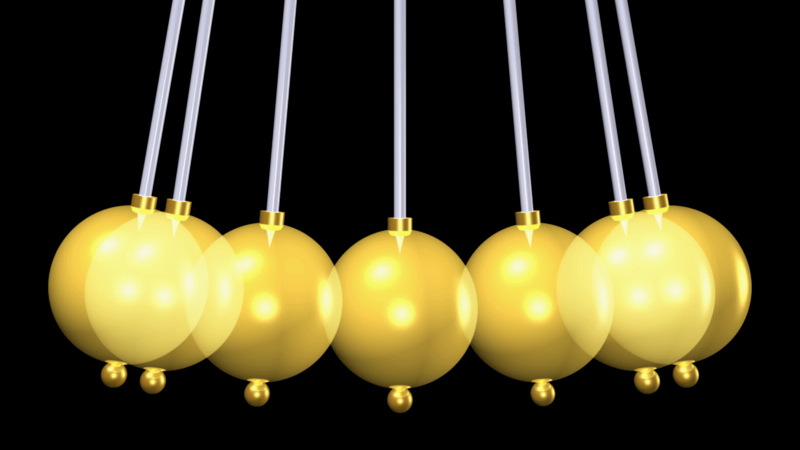
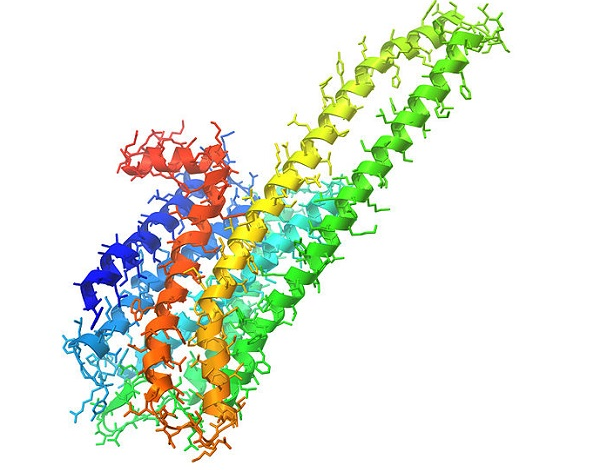
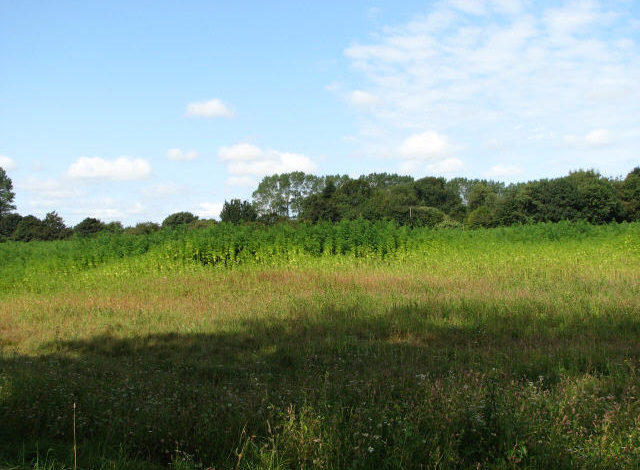
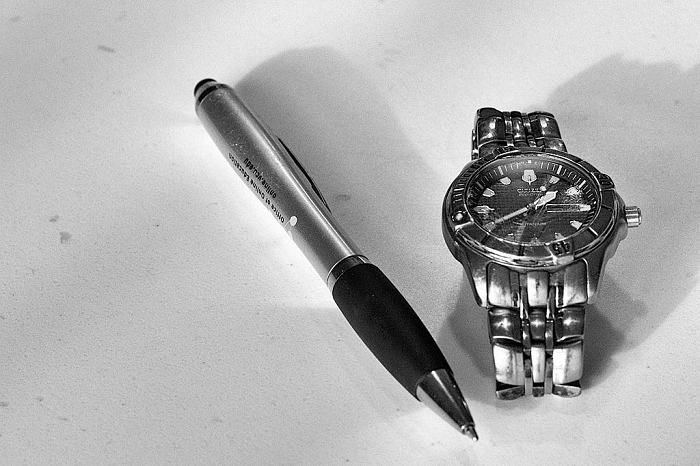


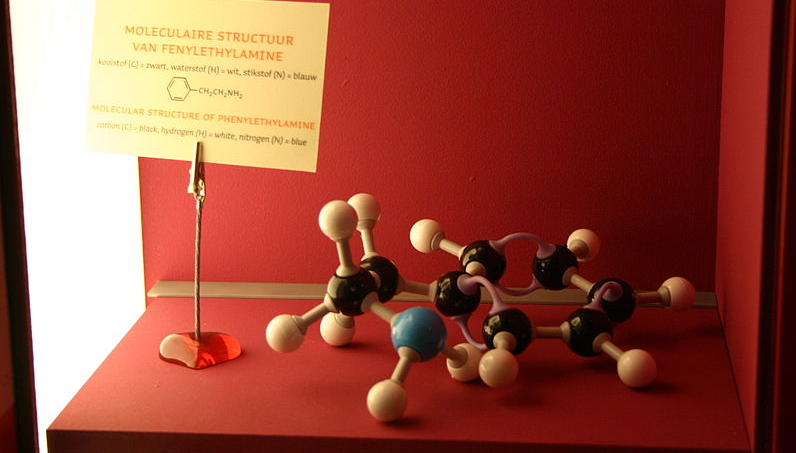
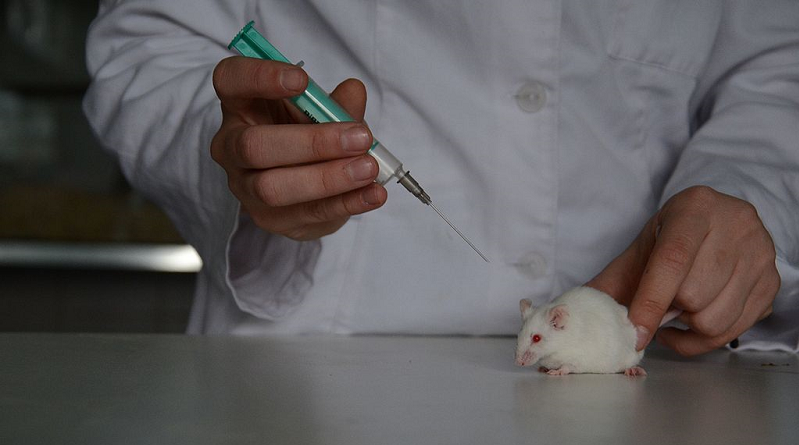
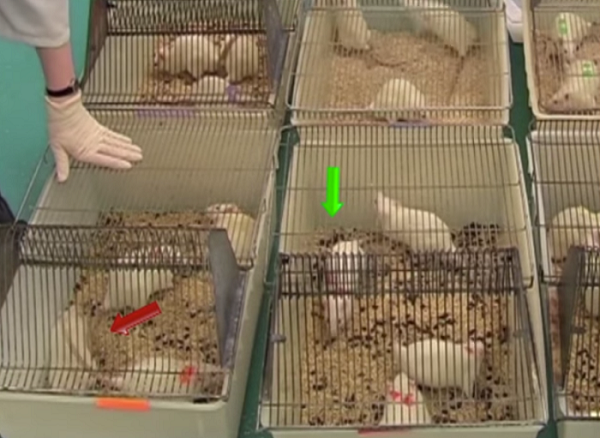
Recent Comments